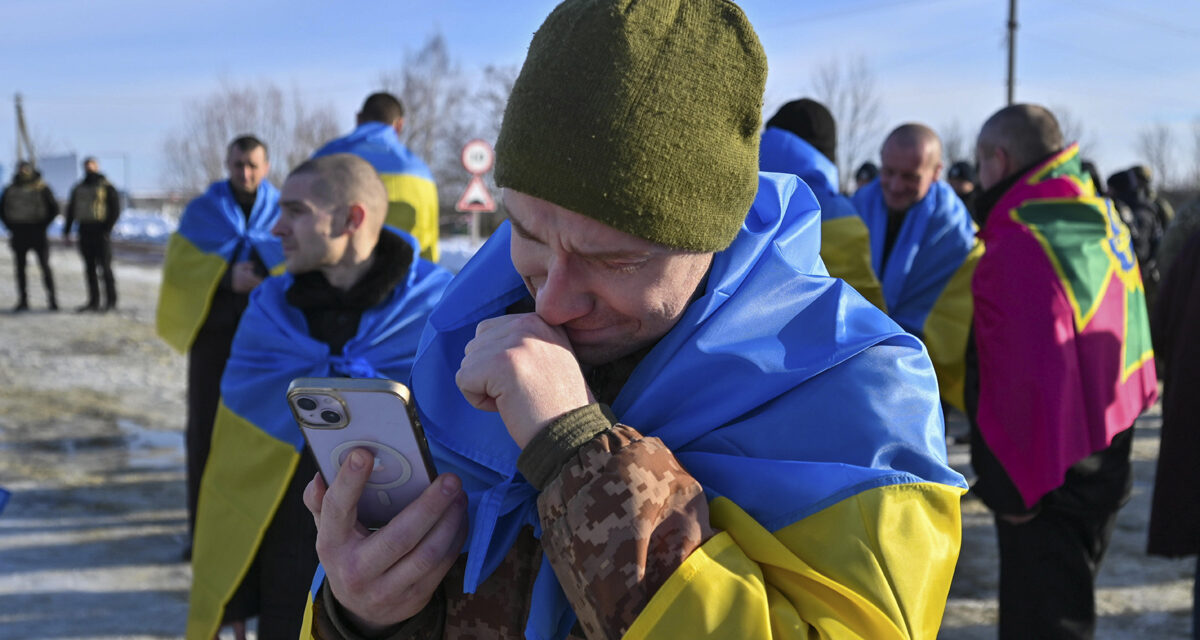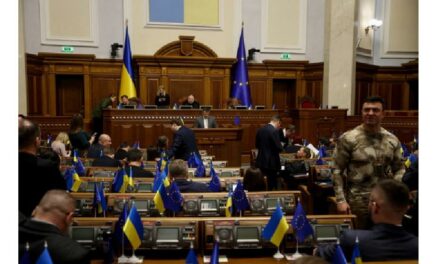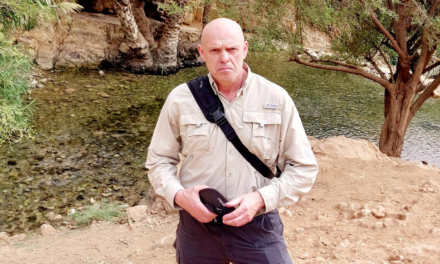But then who will fight?
This time, they asked people living in the Czech Republic, where the number of Ukrainian refugees is the highest in Europe in proportion to the population.
The desire of Ukrainian refugees living in the Czech Republic to return home is constantly decreasing
- revealed from the survey, which was prepared by the specialists of the Charles University in Prague.
According to the results presented in the Friday and Saturday editions of the newspaper Lidové Noviny, while in 2022 75 percent of Ukrainian refugees said that they would return to their country as soon as circumstances allow, in 2023 only 50 percent would have returned. 15 percent of those surveyed definitely want to return, while 35 percent say yes rather than no. It is likely that this proportion will decrease further in 2024, the researchers point out.
Currently, about 365,000 Ukrainian refugees live in the Czech Republic, where the number of refugees in proportion to the population is the highest in Europe.
89 percent of those questioned in the survey do not agree with the idea that after the end of the war in Ukraine, they should necessarily leave the Czech Republic and return to Ukraine. Only 11 percent agreed with this idea.
56 percent of the refugees have a stable job, 21 percent work only periodically or are unemployed, while 18 percent are children and the elderly.
28 percent of Ukrainians are satisfied with their workplace and do not wish to change, 31 percent work but are dissatisfied and would like to change jobs. 77 percent of the refugees are of the opinion that it is relatively difficult for Ukrainians to find a job that matches their qualifications. The biggest obstacle here is the lack of knowledge of the Czech language.
According to sociologists, it is also a serious problem that employers often exploit Ukrainian refugees, who receive lower wages and work in more difficult conditions than domestic employees.
In the survey, this was acknowledged by 26 percent of those surveyed, but according to sociologists' estimates, this problem may affect around 40-59 percent of working Ukrainians.
Jakub Augusta, the spokesperson of the Ministry of Labor and Welfare, told the newspaper that the offices are aware of the problem. Last year, the labor inspectors checked the situation of about 8,500 people and fined employers 24.2 million kroner, the spokesperson pointed out.
About half of the refugees interviewed also said that the part of their family back home, living in Ukraine, expects them to return home. From the beginning of this year, the Czech state also provides financial support for the return of Ukrainian refugees, for example by reimbursing part of the costs of the trip home. According to Lidové Noviny, almost half a thousand refugees have used the opportunity so far.
MTI
Featured image: In the recording published by the Ukrainian presidential press service, a Ukrainian soldier returning from Russian captivity is making a phone call after arriving with his comrades in a special bus near the Russian border in an area under Ukrainian authority on January 31, 2024, weeks before the second anniversary of the outbreak of the war in Ukraine. Andriy Jermak, the head of the Ukrainian presidential office, announced that a total of 207 Ukrainian soldiers returned home from Russian captivity. MTI/EPA/Ukraine presidential press service













